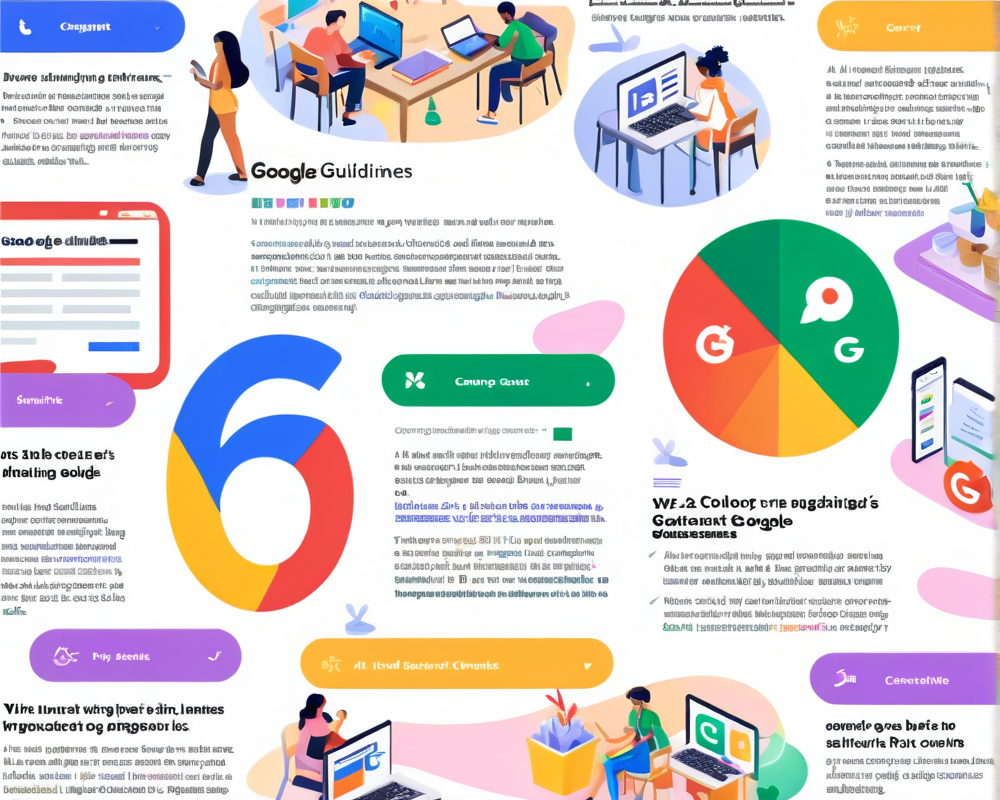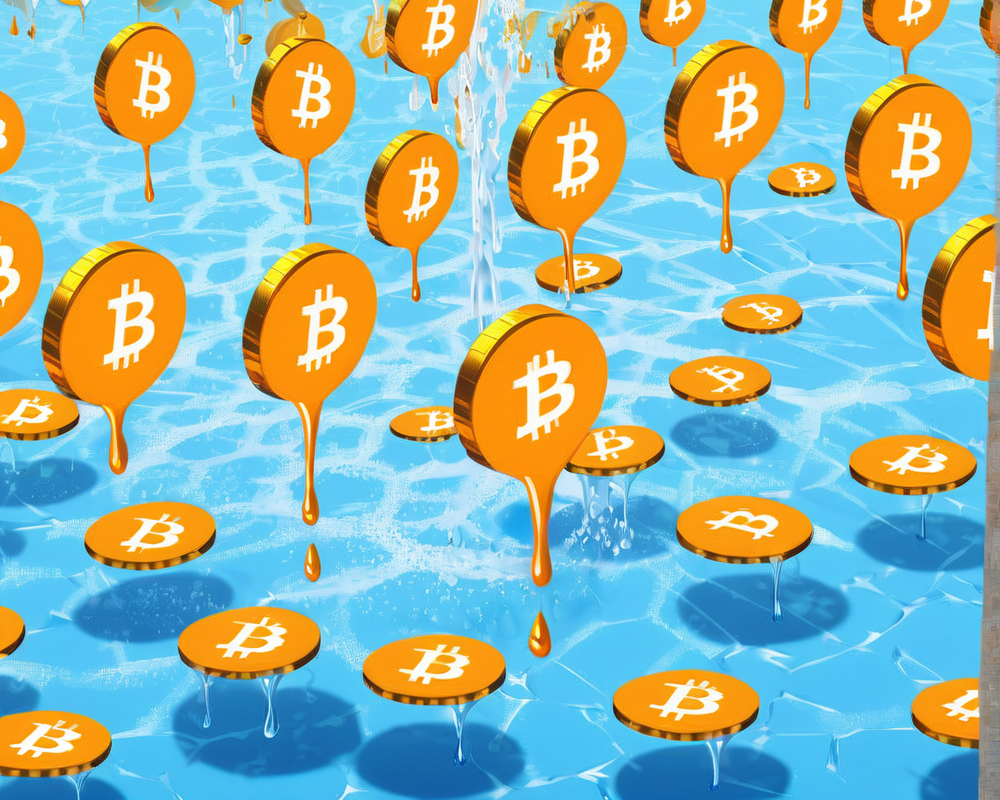Google’s Content Update: A Shift in Focus
On September 16, Google made a notable change to its description of the helpful content system, leaving many webmasters raising their eyebrows. The previous emphasis on content created by humans has been subtly altered, now implying that the identity of the creator (human or AI) matters less than the quality of the content itself. This begs the billion-dollar question: What defines quality in Google’s eyes?
The Fine Line Between Quality and Quantity
Google seems to have a complicated relationship with content evaluation. It claims to focus on quality, which it outlines through factors such as article length and grammar, but also looks at the overall output of a content creator. Are they churning out pieces like a factory? Then, they might be in for a ranking dip! In other words, the more you publish, the more visibility you get… potentially.
What Metrics Does Google Use?
- Article length
- Image and sub-heading inclusion
- Spelling and grammar
- Publication frequency
Yet there’s an inherent flaw in this assessment—Google’s algorithms aren’t exactly reading the prose like Shakespeare; they’re more like a cat playing with a toy mouse, occasionally batting it around but never really sinking their claws in.
AI’s Role in Content Creation: A Double-Edged Sword
As AI-generated content becomes easier to produce and more prevalent, the lines blur. A certain law firm learned this the hard way when it used ChatGPT to create legal documents filled with utterly fabricated precedents. Oops! This has raised alarms about the veracity of information, causing folks to wonder what’s real and what’s a sophisticated string of code.
Tips for Readers: Distinguishing Sources
- Check for citations and references; a lack of credible sources is a red flag.
- Look for author bios that indicate expertise in the topic at hand.
- Cross-reference information with reputable sources.
If you’re putting your trust in a website, ensure it’s not a slick AI façade chuckling in its algorithmic corner.
Why Does It Matter?
In this tech-driven era, the question of who or what creates content affects our ability to discern credible information. Previously, we relied on Google to sift through the digital noise and present genuine content before us. Now, are we in a brave new world where misinformation can flourish unchecked?
As Enlightened Readers
We must sharpen our critical thinking skills and realize that swiping left or right on information may have broader implications. As journalist Mike Bainbridge aptly put it, “The trajectory the internet is on is a perilous one.” Perhaps it’s time to rescue those dusty encyclopedias gathering cobwebs in the attic!
A Bumpy Road Ahead
Google has officially taken a step back from its role as the ultimate verifier of internet authenticity. It’s a disconcerting thought that, although we’ve been lulled into believing that everything online had been vetted, that safety net may no longer be secure.
“Head up to the attic and dust off the encyclopedias; they are going to come in handy!” – Mike Bainbridge
As we navigate this tumultuous landscape, the engagement with content is evolving, and only time will tell if we emerge triumphant or lost in a sea of indistinguishable prose.




